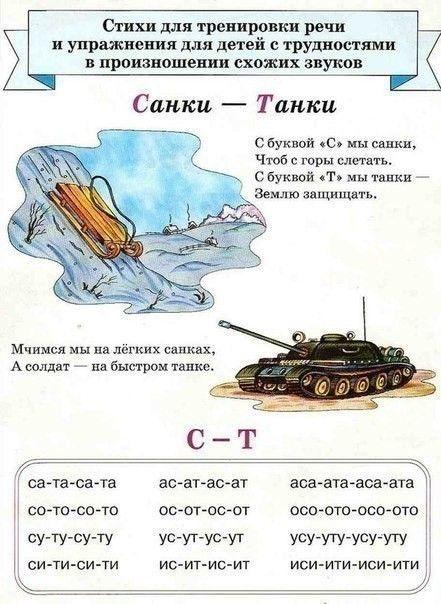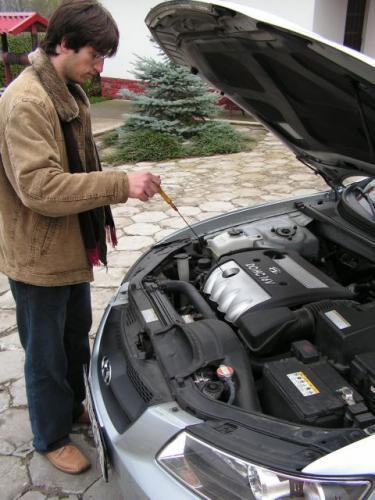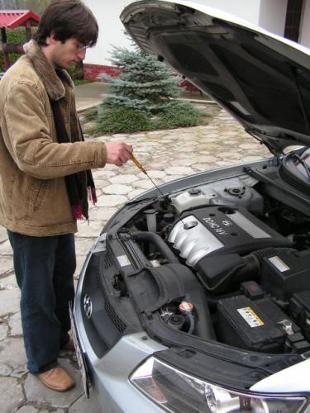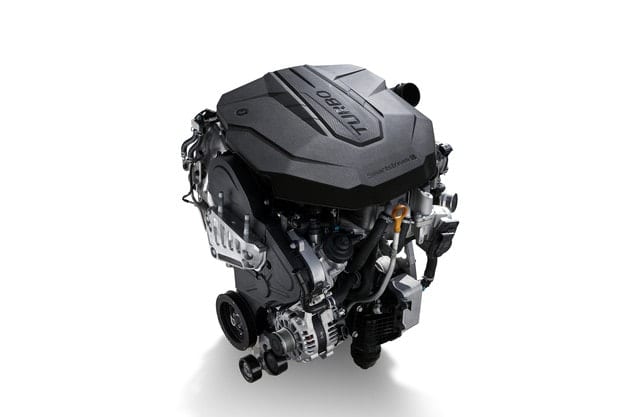
car speech
 It often happens that the user does not pay attention to the sounds of the engine, gearbox and does not respond to the incorrect behavior of the car while driving.
It often happens that the user does not pay attention to the sounds of the engine, gearbox and does not respond to the incorrect behavior of the car while driving.
From time to time it is worth lifting the hood and listening to his work - just in case.
The engine should start almost immediately, whether it is cold or hot. At idle, it should run smoothly and without jerks. If the actuator has hydraulic valve clearance compensation (so-called hydraulic tappets),  Knocking due to a cold valve timing system is a natural noise. However, they should disappear after a few seconds of operation.
Knocking due to a cold valve timing system is a natural noise. However, they should disappear after a few seconds of operation.
In the case of an engine with manual valve clearance adjustment, these knocks indicate that the valve tightening is too tight. They change their frequency as the engine speed changes. These knocks can be heard when the engine is worn and has too much clearance in the piston or piston pin. If the battery charge indicator lights up while the engine is running, this indicates a loose V-belt, a loose electrical connection, worn alternator brushes, or a damaged voltage regulator.
it doesn't happen
The color of the exhaust gases of a warm engine should be colorless. Dark exhaust gases indicate that the engine is burning too rich a mixture, so the injection device has to be repaired. White exhaust gases indicate burning coolant entering the cylinders through a damaged head gasket or, worse, a cracked cylinder block. After removing the plug from the coolant expansion tank, exhaust gas bubbles can be seen. Damage to the cylinder head gasket is quite rare and is the result of engine overheating. Exhaust gases that are blue in color with a characteristic pungent odor indicate the combustion of excess engine oil, which means significant wear on the drive unit. Oil seeps into the combustion chamber due to excessive piston ring wear or worn seals and valve guides.
Fuel
Knocks in the engine, heard during acceleration, disappearing when moving at a constant speed, may indicate detonation combustion of the mixture in the cylinders or loose piston pins. However, for a less experienced ear, it can be difficult to discern. Loose piston pins make more metallic noise. In modern cars, combustion knock should not occur, since the injection system automatically eliminates this dangerous phenomenon based on information from the corresponding sensor. If you hear a knock in the car, especially during acceleration, it means that the fuel has too low an octane number, the knock sensor or the microprocessor that controls the operation of the injection device is damaged.
A more accurate assessment of the degree of engine wear can be made by measuring the compression pressure in the cylinders. This simple test is "out of fashion" today, and authorized repairers prefer to test with a branded tester. It's really great, just pricey.
